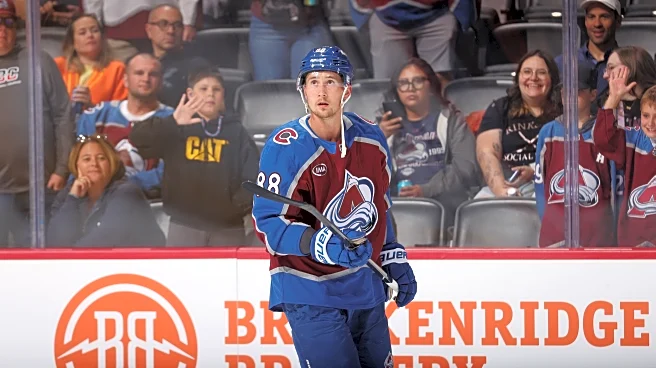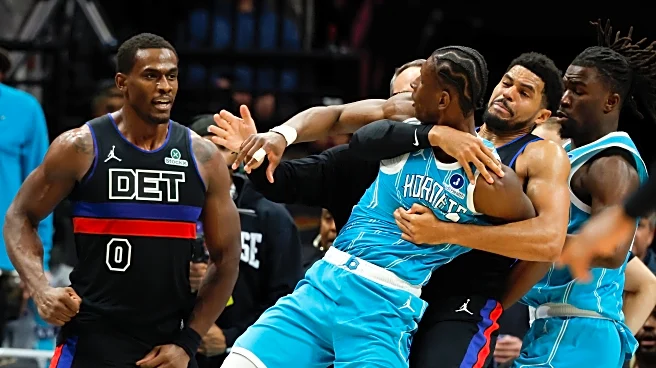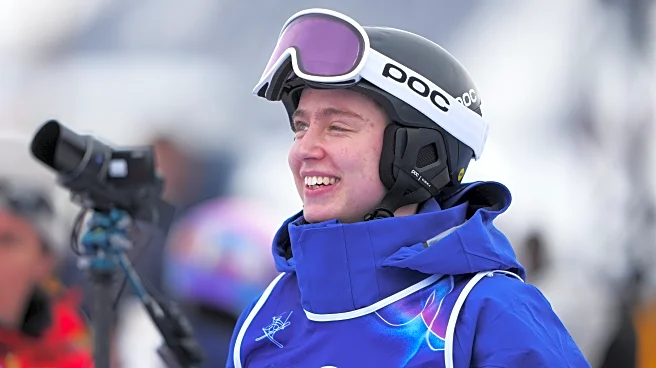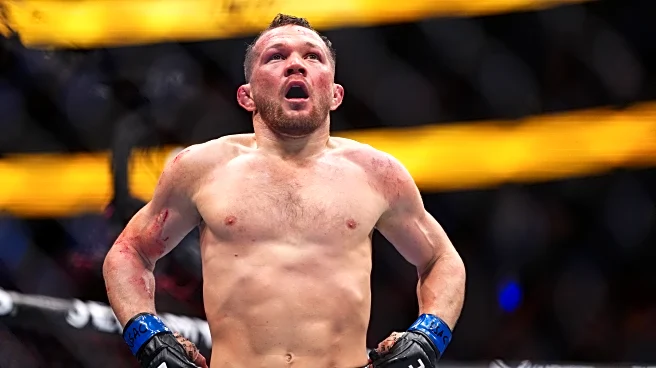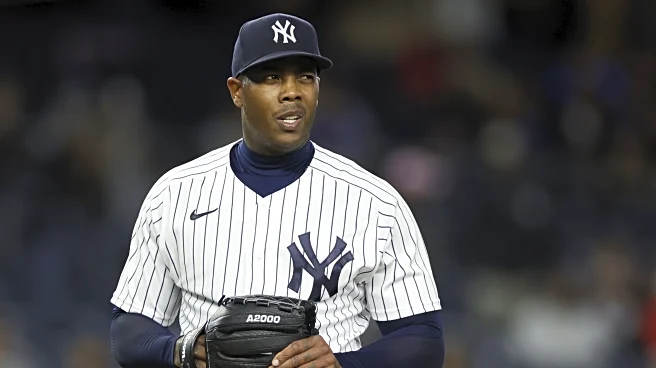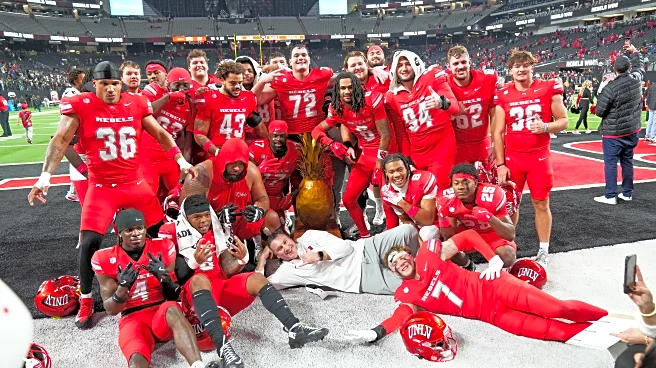Avalanche fans, here we are once more—facing that familiar, nagging dilemma.
Kirill Kaprizov signed the most lucrative contract in NHL history last week when he inked an eight-year, $136 million contract that
runs through the 2033-34 season.
The consensus around the league is that this move could fundamentally alter the free-agent landscape. However, the Colorado Avalanche may be uniquely positioned to capitalize on the very upheaval that unsettles other organizations—particularly with regard to retaining future unrestricted free agent Martin Nečas.
The Nečas Situation
Nečas is, without question, entering the very heart of his prime. Now in the final year of the two-year, $13 million contract he first signed with the Carolina Hurricanes in 2024, his career trajectory has taken on new intrigue. That deal, once a straightforward extension, became a pivotal piece of one of the league’s most stunning trades: Nečas, packaged with Jack Drury, was sent to the Avalanche in exchange for superstar winger Mikko Rantanen.
Despite being a highly skilled winger, Nečas only managed to eclipse the point-per-game threshold for the first time in his six NHL seasons during 2024-25. In the years leading up to it, his numbers consistently fell short of that pace The sudden surge naturally raises a pressing question: was last season a true breakout, or merely an exception to the rule?
In truth, the answer is no. Nečas is not defined by a heavy or punishing forecheck, yet he has emerged as one of the NHL’s most improved players precisely because he now operates within a system that accentuates his strengths. His game is unapologetically offensive, driven first and foremost by his elite skating, which remains his most potent asset. Rather than wearing opponents down physically along the boards, he applies pressure through speed, angles, intelligent stick work, and sound positioning, routinely forcing defenders into rushed or poor decisions with the puck. Add to that a dangerous shot, and it’s clear why he has become such a weapon. Entering his first full season with the Avalanche—and with the benefit of playing alongside Nathan MacKinnon—Nečas is poised to build on the chemistry the two began to develop last year, offering yet another layer of growth to his already upward trajectory.
This isn’t just about money; it’s about being on a team that gives you the best chance of winning a championship. And quite frankly, Colorado needs Nečas as much as he needs them.
The Edmonton Oilers gave Leon Draisaitl an eight-year, $112 million contract. And he’s been paired with Connor McDavid for the last decade, two of the most offensively explosive players the NHL has seen in recent years and not only have they not won the Stanley Cup, but they’ve come up short two years in a row against a team with arguably less superstars, but with incredible depth from top to bottom.
Handing Kaprizov a record-breaking contract does not, in itself, guarantee the Minnesota Wild a legitimate path to the Stanley Cup. Time and again, history has demonstrated that championships are won through collective depth and balance, not the brilliance of a single star. The lone exception, of course, comes not on the ice but on the console—when someone boots up NHL 26 on rookie mode with the sliders tilted beyond recognition. But that, needless to say, doesn’t count.
All jokes aside, it remains astonishing that Kaprizov secured a $17 million deal given that he has only reached the 100-point threshold once in his career. By comparison, Nathan MacKinnon has eclipsed that mark in three consecutive seasons while earning $12.5 million annually. The discrepancy can be traced to several factors. Most notably, the Wild publicly declared that they would do whatever it took to keep Kaprizov in Minnesota—a stance that immediately weakened their negotiating position. Kaprizov’s camp seized on that leverage, pressed their advantage, and, in effect, said: “Show us the money.” A second factor lies in the evolving dynamics of the NHL’s salary landscape. The league’s salary cap has risen from $88 million to $95 million this season, with further increases projected to $104 million in 2026‑27 and $113.5 million in 2027‑28. In this context, it becomes increasingly likely that similarly lucrative contracts will be awarded to the league’s elite talent.
Nečas Will Have A Breakout Campaign
The Avalanche must do everything within reason to retain Nečas within reason. If his camp demands something in the $16 million range, take a hike. That won’t happen. Currently, Nečas is an exceptionally talented player, just shy of entering the league’s elite echelon, yet he appears poised to make that leap. Last season, he established a career high with 83 points, comprising 27 goals and 56 assists. Considering his consistent year-over-year progression and the fact that 2024‑25 marked his apex to date, it is entirely plausible to anticipate Nečas producing between 92 and 111 points in the upcoming season.
That said, securing Nečas on a deal in the $11 to $12 million range would represent a clear victory for the Avalanche. Let’s say Nečas starts hitting 125-130 points by the third or fourth year of a hypothetical contract extension with Colorado. That’s a win for everyone Nevertheless, it is crucial that the organization navigates this negotiation wisely and avoids repeating the missteps made in the Mikko Rantanen situation.
Patience Is A Virtue
The Avalanche appear inclined to exercise greater patience with Nečas, and for several reasons. Foremost, his talent is undeniable; yet what truly distinguishes his position is his low-maintenance demeanor. He arrived punctually for training camp, he didn’t hold out, and he’s been present, professional, and sharp. Teams don’t forget holdouts. They take note, they build grudges, they lose their patience. Just ask Sergei Fedorov.
Should Nečas decide to pursue the maximum payday and test unrestricted free agency, that path remains entirely possible. Still, there is little question that Colorado’s system offers the environment most conducive to maximizing his talent and career trajectory. Hopefully both sides come to a deal that will keep him in Colorado for the considerable future.
